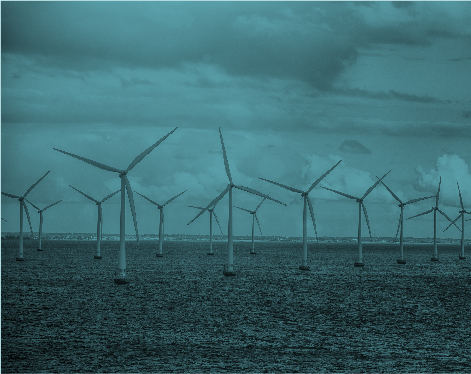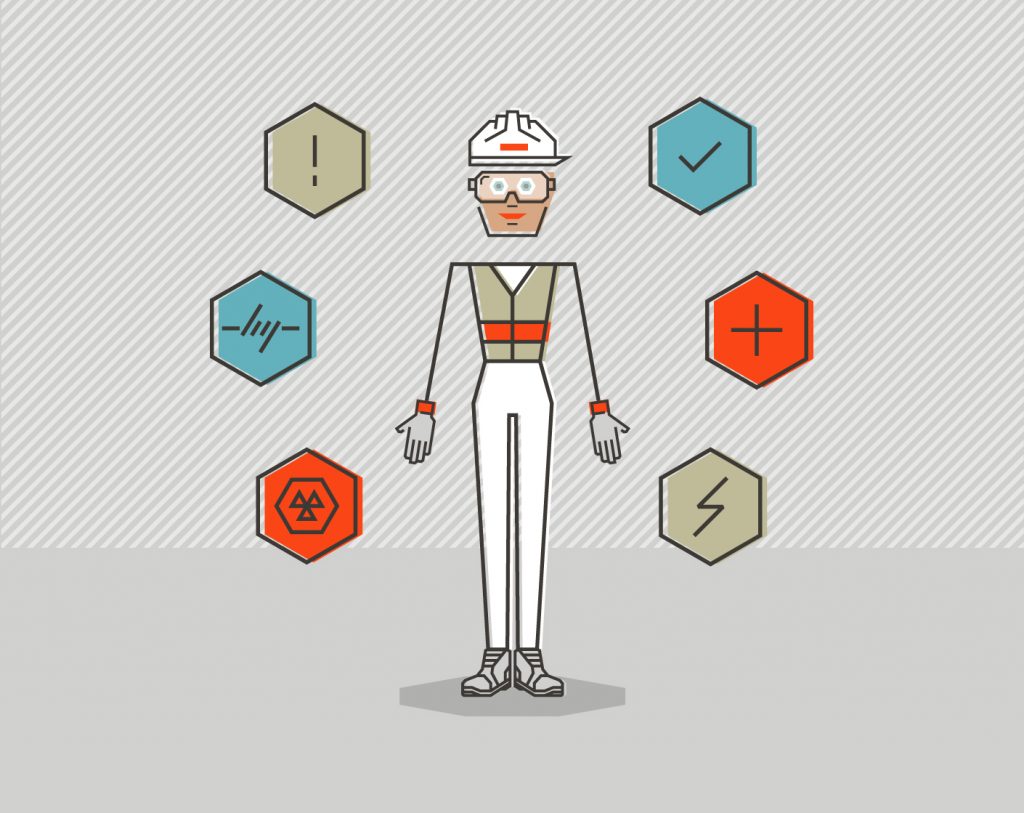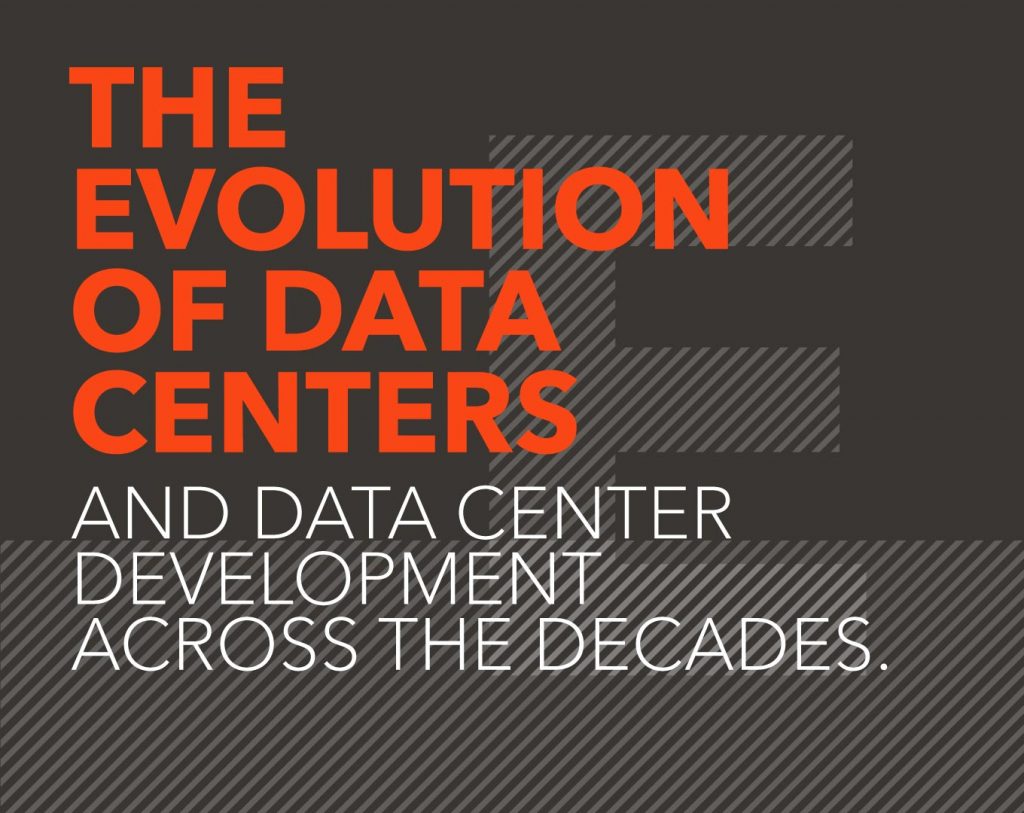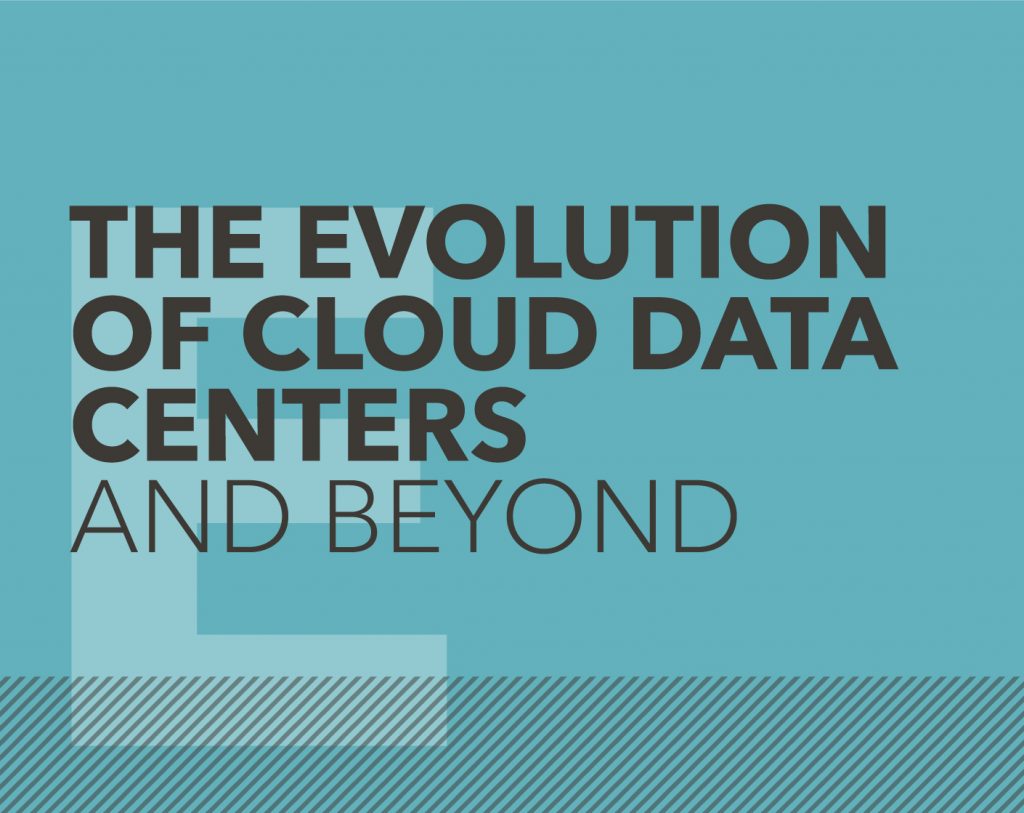The Datacloud ESG Summit: What did we learn, and where to next?
By: Eddy Taylor, Senior Carbon Accounting Engineer
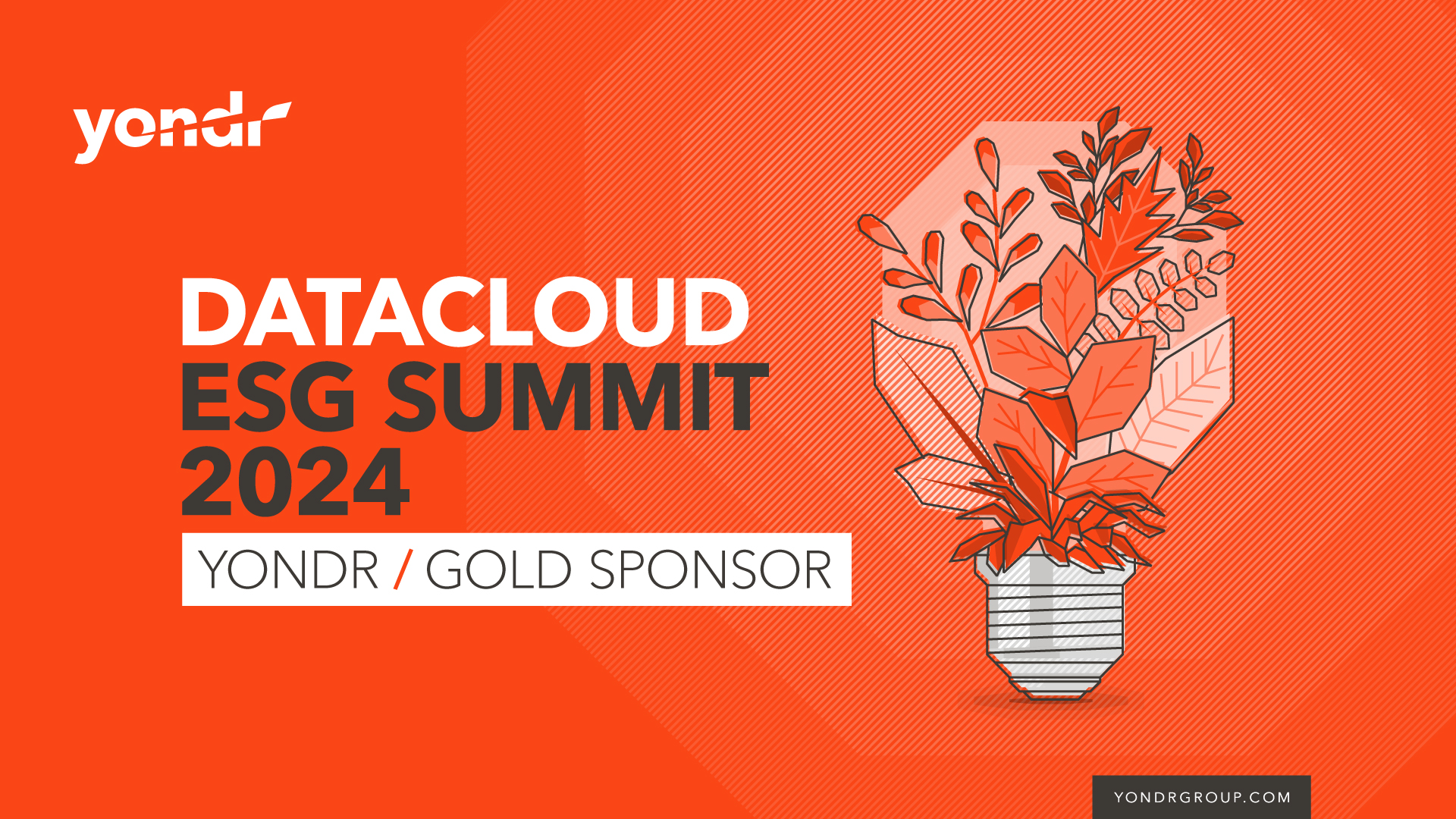
Delivering meaningful positive change for the data center sector is a goal shared across the delivery chain, and the Datacloud ESG (Environmental, Social and Governance) Summit was an ideal opportunity for knowledge sharing and collaboration.
Yondr was proud to be a gold sponsor for the event, and, as the 121 delegate companies gathered in Reykjavik to share perspectives on the ESG challenges facing our industry, there was tangible excitement on the successes that have been achieved and the potential to learn from best practice.
All carbon emissions associated with the conference were offset through commensurate investment in carbon-saving schemes.
For Yondr, as a hyperscale provider, one of the key positive outcomes was the opportunity to network with sustainably-focused industry colleagues, from the supply chain, consultants, the energy industry, membership organisations, peer companies, and clients. All of this meant we returned from the event with fresh ideas that we can action to support our ESG strategy and continue to make progress towards our 2030 net zero target* and our wider sustainability objectives. Our learning is enriching our pro-active approach to sustainability, collaborating to support our clients to achieve their sustainability goals as well as our own.
Key challenges and solutions
The complexity of our sustainability challenges is a stimulus to innovate and explore the many emerging solutions. While environmental issues such as climate change and biodiversity loss are underlying drivers for industries to explore ways of reducing their environmental impact, the ESG conference took a welcome and hard-headed look at the commercial reasons for improving environmental and social performance, and, just as importantly, enabled us to explore how we are going to achieve those improvements.
All delegates understand the imperatives to tackle issues such as the decline of biodiversity, resource scarcity, skills shortages, and social challenges in our increasingly inter-connected and populated world. This conference focused clearly on solutions rather than covering the well-trodden ground of the issues we face.
And there was so much positive progress to discuss. New legislation is raising the bar with respect to ESG standards, and other jurisdictions are following Europe’s lead. There will be increasing legislative scrutiny of companies’ ESG claims, and the legal risks associated with unsubstantiated greenwash will deliver greater transparency, driving all stakeholders to collaborate more and take the right action, rather than simply saying the right words. New standards across the ESG landscape for environmental and social issues as varied as energy performance, material use, supply chain management, human rights, diversity, and community engagement, and public transparency will be a catalyst for change, fostering improved performance.
Energy strategies
Our industry’s rapid expansion, escalated by the growth of AI, compounds the energy performance challenge arising from data centers’ huge demand for power. We need to design data centers to use energy efficiently (including finding local demand for waste heat), and to maximise the proportion of renewable and low carbon energy they use. The data centers of the future have the potential to play an important role in supporting grid networks to function with a higher proportion of intermittent renewable generation too.
David Eames, Yondr’s Vice President for Client Solutions Engineering, participated on a panel that explored the future of liquid cooling in the context of our energy efficiency, power challenges, and the increasing densification of chips. He explained how new chip designs and AI are now accelerating the development of direct to chip liquid cooling. He, and the panel, also discussed how there are even more efficient cooling technologies, such as immersion cooling, on the horizon, which will be important for the energy efficient data centers of the future.
The importance of involving software developers in our energy challenges was also discussed. With IT loads now exceeding cooling loads by a significant margin due to efficiency improvements, it has become clear that PUE is an increasingly inadequate metric for encapsulating the complexity of data center energy efficiency and we need to find additional universal metrics that will enable effective benchmarking.
The human factor
On the social side, while consumer demand for data capacity currently seems insatiable, public perception of what it means to have a data centers ‘on the doorstep’ is often less than favourable. This dichotomy threatens to stall development and reduce the profitability of our industry, unless we can make local data centers more appealing to communities, and successfully promote their potential benefits.
Our industry not only generates employment and provides the data center capacity we all rely on; as many of the summit’s speakers pointed out, it also has a positive sustainability story to tell local communities. But we cannot expect people to understand key benefits of our sector unless we communicate them effectively. We need to do more to showcase our contributions to reducing travel, using AI to improve both traffic flow and the efficiency of other industries (such as agriculture, manufacturing, and power distribution, for example), and enabling the wide range of online consumer services everyone has come to rely on.
Contributing to his panel on why ESG should be at the heart of corporate strategy, Ross McConnell, Yondr’s VP for Energy and Sustainability, explained the important role of engaging with local communities at the earliest stages of a project as part of a critical path to successful project delivery. Knowledge gained from community engagement can help us optimise the positive local and environmental impact of our data centers, building improved community outcomes into project planning and development, from design and construction through to operation. Depending on the community, this could be through the use of a local supply chain, job creation, support for training and skills, biodiversity enhancement, design that complements the location, supporting sustainable transport improvements, sharing material resources, supporting local energy needs….the list goes on!
Looking forward
There are lots of reasons to be optimistic that sustainability will continue to gather significant pace over the year ahead. The spirit of the ESG Summit left many attendees talking about how sustainability is ‘the new health and safety’; drawing a parallel with how, 30 years ago, health and safety became an industry priority. It has become widely accepted that the impacts of a good health and safety culture are too important for the entire industry for individual companies to keep their knowledge under lock and key, and, in any case, many of the challenges could only be addressed though a collaborative approach. ESG and sustainability challenges are now in a similar position, with the entire sector cooperating to enhance how we work.
At next year’s conference it will be very interesting to assess the impact of new legislation. For example, by then, the new EU Energy Efficiency Directive will have resulted in unprecedented data sharing about individual data centers’ energy performance and data processing. Insights arising should be able to drive new standards and technical progress.
We know that technical solutions to our net zero challenge are out there; the challenge is making them deliverable and beneficial at scale. It can be done, but more collaboration will be essential.
We can also expect contracts between tenants and operators to include more detail on managing sustainability issues and achieving sustainability standards, as the drivers for change continue to grow from both a legislative and commercial perspective.
What we can’t predict is what our rate of progress will be before the next ESG Summit. It is an exciting time for both sustainability and the data center industry – and we’re looking forward to seeing what can be achieved over the coming year.
*Yondr’s 2030 Net Zero Target is for Scope 1 and 2 emissions
